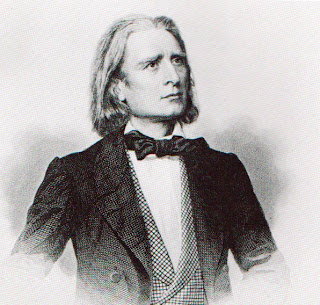 |
| Léner String Quartet |
Mozart: Quartet No. 19 in C, K. 465 ("Dissonance")
Léner String Quartet
Recorded November 7 & 8, 1923
English Columbia L 1545 through 1548, four 78-rpm records
Link (FLAC files, 81.76 MB)
Link (MP3 files, 31.38 MB)
The following year they recorded their first complete Beethoven quartet - and they would become famous for being the first group to record a complete Beethoven cycle:
Beethoven: Quartet No. 14 in C-Sharp minor, Op. 131
Léner String Quartet
Recorded February 11, 21, 22 and August 25, 1924
English Columbia L 1581 through 1585, five 78-rpm records
Link (FLAC file, 116.2 MB)
Link (MP3 file, 43.77 MB)
The above two sets had the distinction, along with the Léners' recording of Haydn's Op. 76, No. 5, of being the first complete string quartets available to the American record buyer, being part of the initial release of Columbia's new "Masterworks" album series of complete works. The Beethoven was Set No. 6, the Haydn No. 7 and the Mozart No. 8. (The first five had all been symphonies.)
In 1924 the London String Quartet returned to the English Columbia fold, their initial release being this first complete recording of Haydn's "Emperor":
Haydn: Quartet in C, Op. 76, No. 3 ("Emperor")
London String Quartet
Recorded December 15 and 17, 1924
English Columbia L 1633 through 1635, three 78-rpm records
Link (FLAC files, 73.38 MB)
Link (MP3 files, 25.96 MB)
By this time the London String Quartet was being led by James Levey, with founding members Thomas Petre, H. Waldo Warner and C. Warwick Evans covering the other parts.
For those interested in the London String Quartet, I highly recommend a new release on the Music & Arts label, a survey of their concerts at the Library of Congress from 1943-1951.















